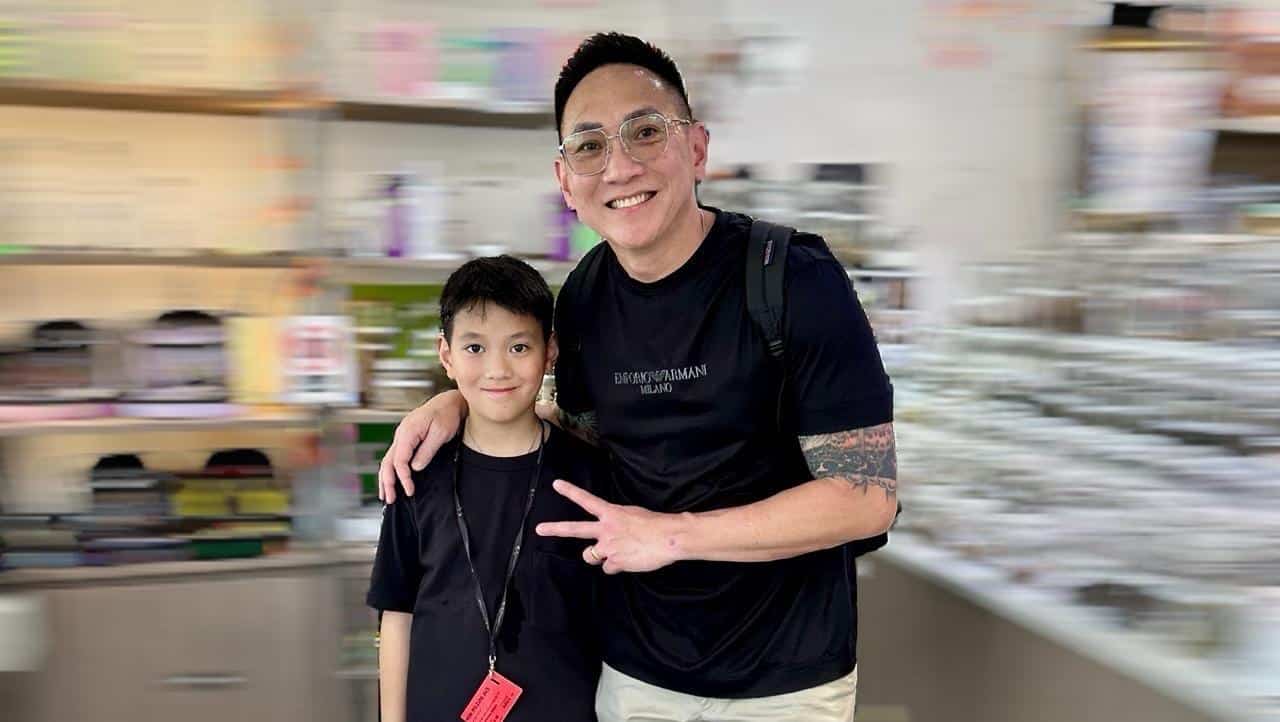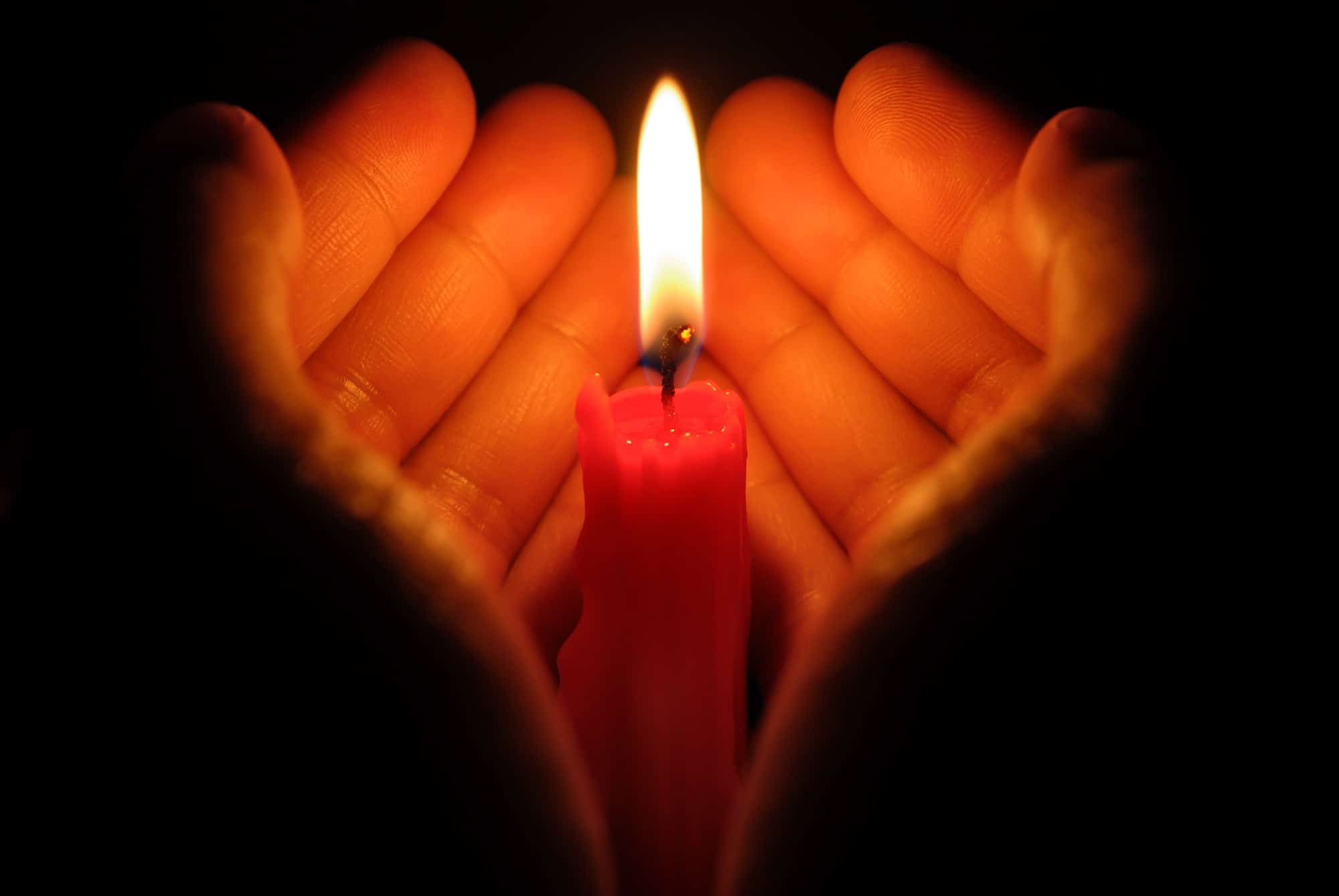“You are such a good God. How can You create trash like me?”: Drink, drugs and an overdose nearly drove her to rock bottom
by Christine Leow // June 4, 2024, 4:46 pm
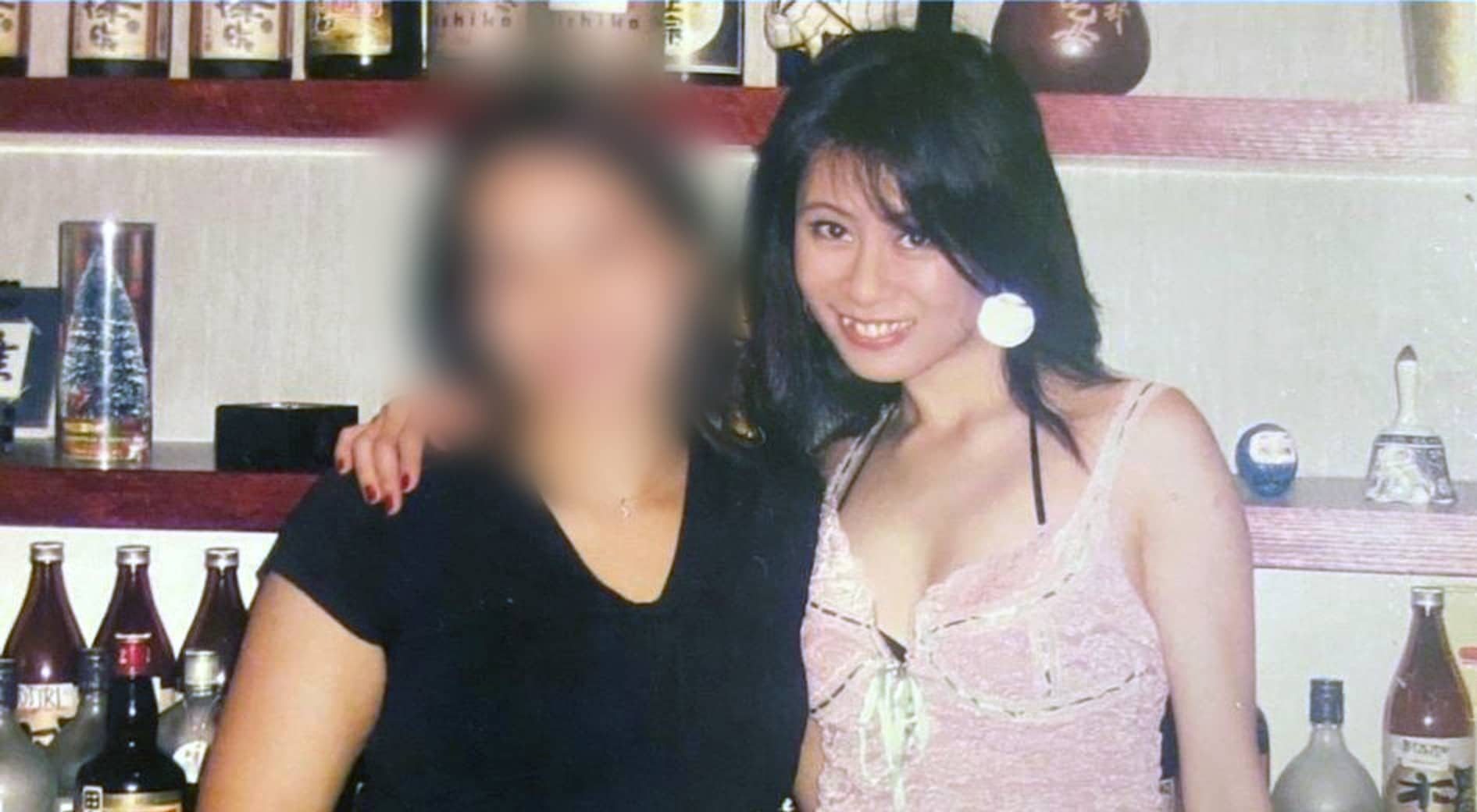
Though Talia Lee (right) was a party girl who filled her life with drinks, drugs and fun, she felt empty all the time. All photos courtesy of Talia Lee and Qara Yoon.
Her days used to end at dawn after a night of hard partying. Now Talia Lee is also awake at dawn … except she is now up early to do hard work.
Talia runs Yoon’s Social Kitchen with good friend, Qara Yoon. The café offers local delights such as mee siam, lontong and fried Hokkien mee.
But it specialises in handcrafted Teochew kueh (steamed glutinous rice flour dumplings) such as png kueh (filled with glutinous rice), arh kueh (filled with crumbly salted mung beans) and ang yee kueh (red dumplings filled with sweet mung bean paste) to name a few.
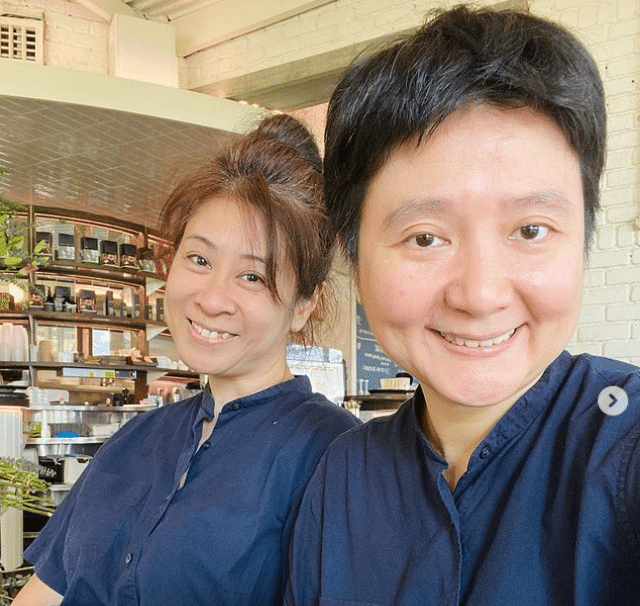
Talia (left) and Qara Yoon set up social enterprise, Yoon’s Social Kitchen, to help mature women ex-offenders struggling to get rid of their drug habit to find a place in society.
Everything on the menu is made from scratch by Talia, Qara and the seven employees for whom this is a ticket to a new life.
She knows what it is like to be a woman in the stranglehold of drugs.
Yoon’s Social Kitchen is a social enterprise that provides senior female ex-drug offenders with a job and a place to live. More than male ex-drug offenders, women have a hard time reintegrating into society.
“These women are 55 years and above and they are at high risk of relapsing. Some have been incarcerated for 10 years but, within two months, they are back to drugs.
“We realised that they need four things to rehabilitate: A job, a good living environment, friends and community, and family support,” said Talia, 53.
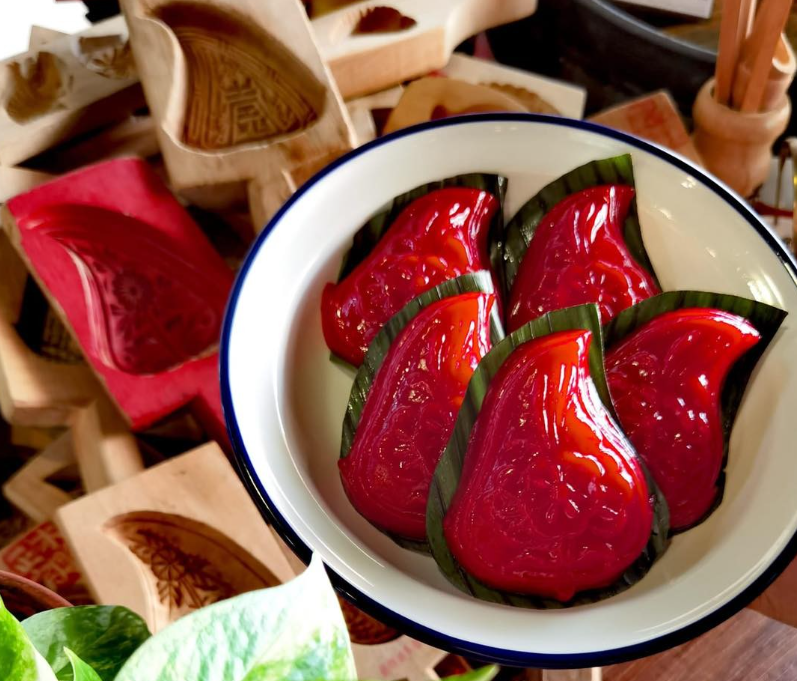
The traditional Teochew kuehs like this tiam tor kueh (the Teochew version of the Hokkien ang ku kueh) sold at Yoon’s Social Kitchen, are all made from Qara’s mother’s recipes.
Her heart for these women comes from the fact that she knows what it is like to be a woman in the stranglehold of drugs, with no help and no hope.
Talia the terrible
Talia was the middle child who exhibited all the stereotypical traits of Middle Child Syndrome.
“I felt my father favoured my older sister and my mother doted on my younger brother. So I was always yearning for their love and attention,” she told Salt&Light.
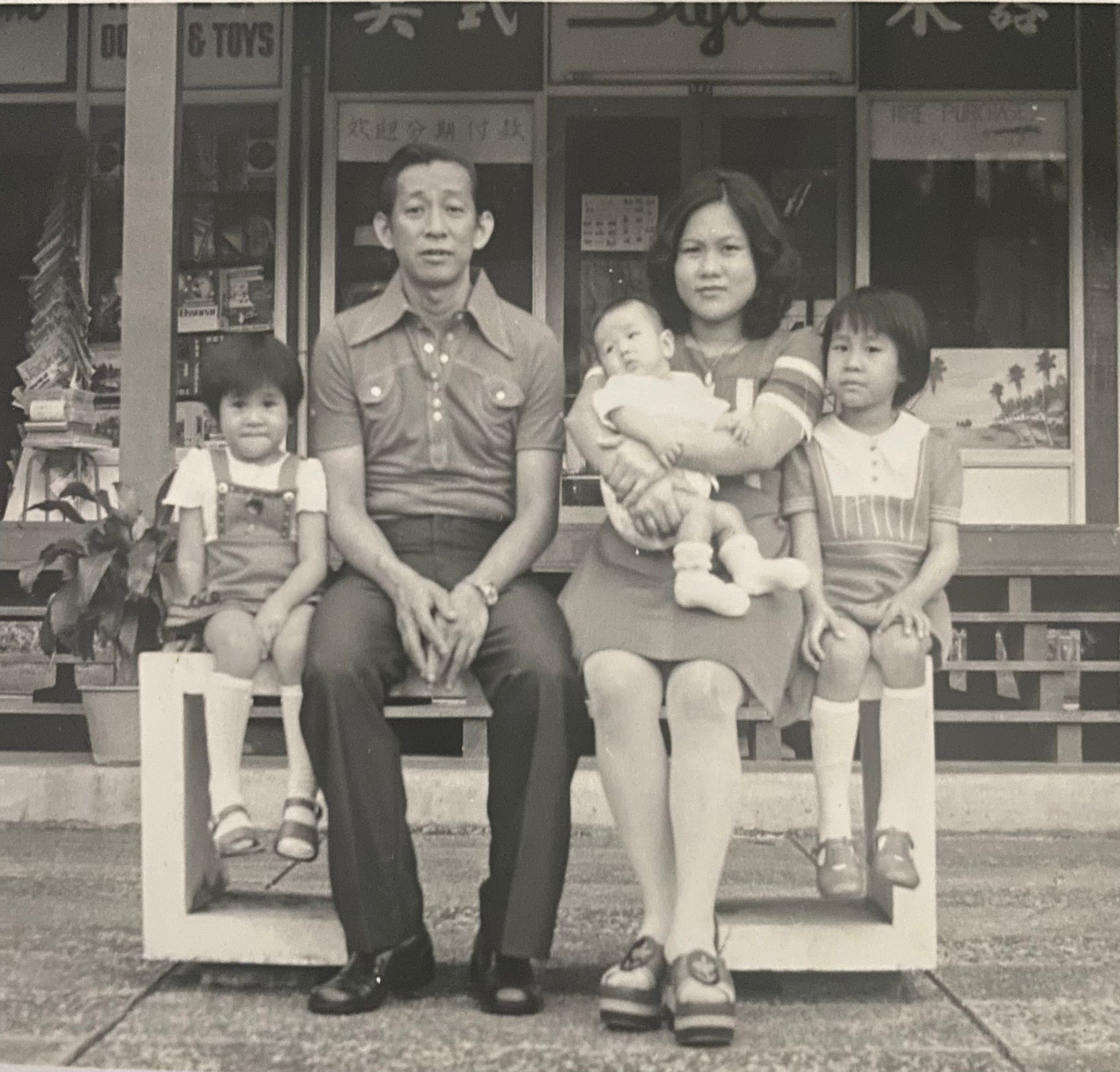
Talia (left) with her father, mother, baby brother and older sister.
While her siblings went through school without incident, Talia was often called in by her teachers to discuss her behaviour. Her teachers’ negative feedback about her fuelled Talia’s rebellious spirit.
“I was always yearning for their love and attention.”
“I thought, if that was what they thought of me, then I’ll show them what being rebellious looks like.”
By the time she was 14, her parents had given up on her.
She mixed with girls in school who introduced her to the party life.
“They took me to night clubs, to discos. I fell in love with the life.”
That was when she started drinking.
At first, it was beer. Soon, she moved on to hard liquor and picked up smoking as well.
“I come from a very poor family,” she told Salt&Light.
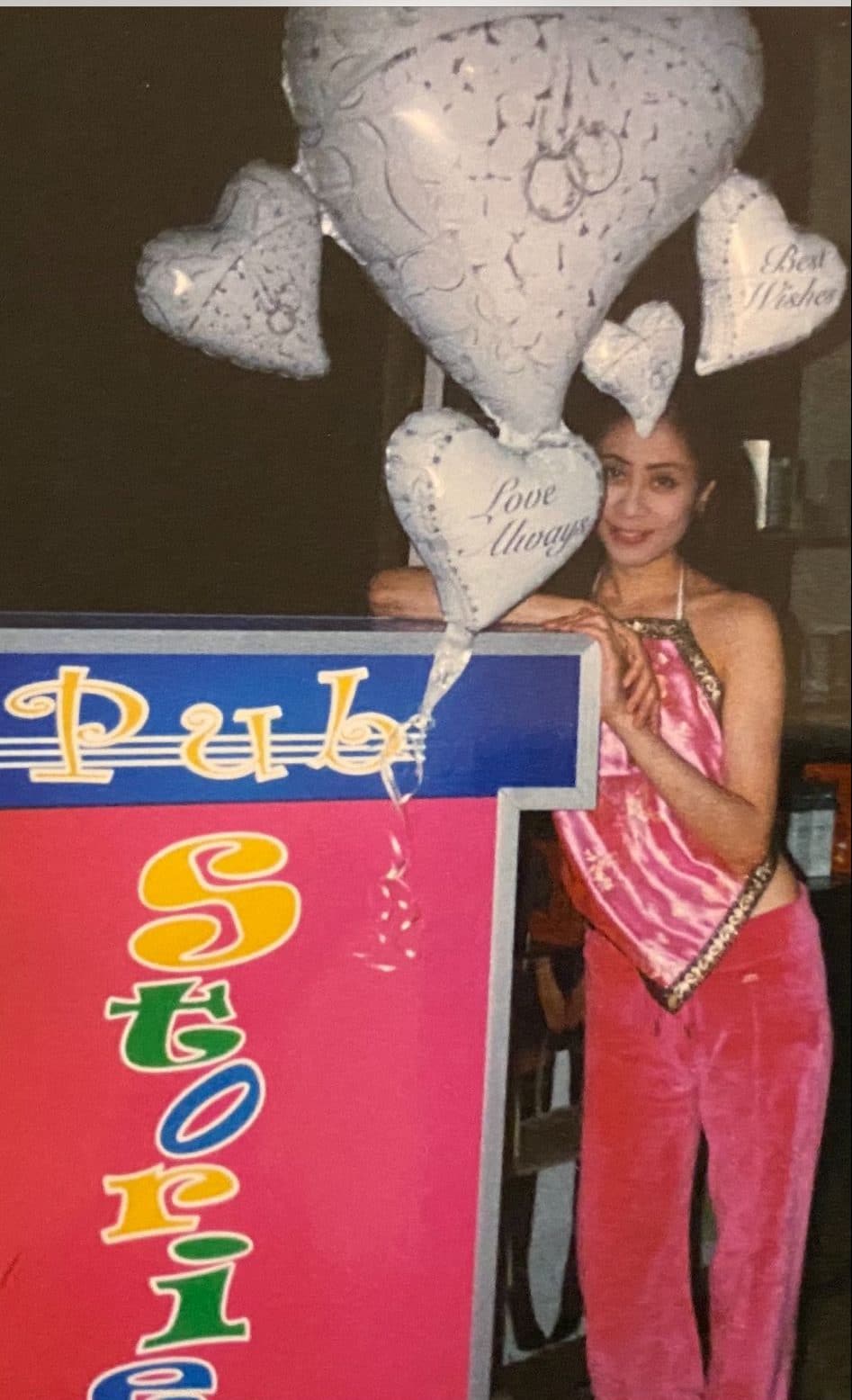
Talia found acceptance among the friends who introduced her to the clubbing life.
“My mother’s mentality was that girls should get married early. At 16, she wanted to matchmake me. It was all the wrong values. So I didn’t have much self-worth.”
Christian at 19
When Talia was 19, her boyfriend at the time took her to church.
“All the attention that I didn’t have from my parents, I got from them.”
“From a very young age, I’d always had an affinity to Christianity. I had a classmate who was a Christian and she would tell me things about Jesus.”
At one worship service in her boyfriend’s church, Talia prayed to receive Jesus as her Lord and Saviour.
“But I didn’t have a relationship with God.”
She was partying hard by then, “leading a dark life”. Keeping late nights meant she could not wake up on Sunday mornings to go to church.
“I was getting a lot of attention from men by then. All the attention that I didn’t have from my parents, I got from them.
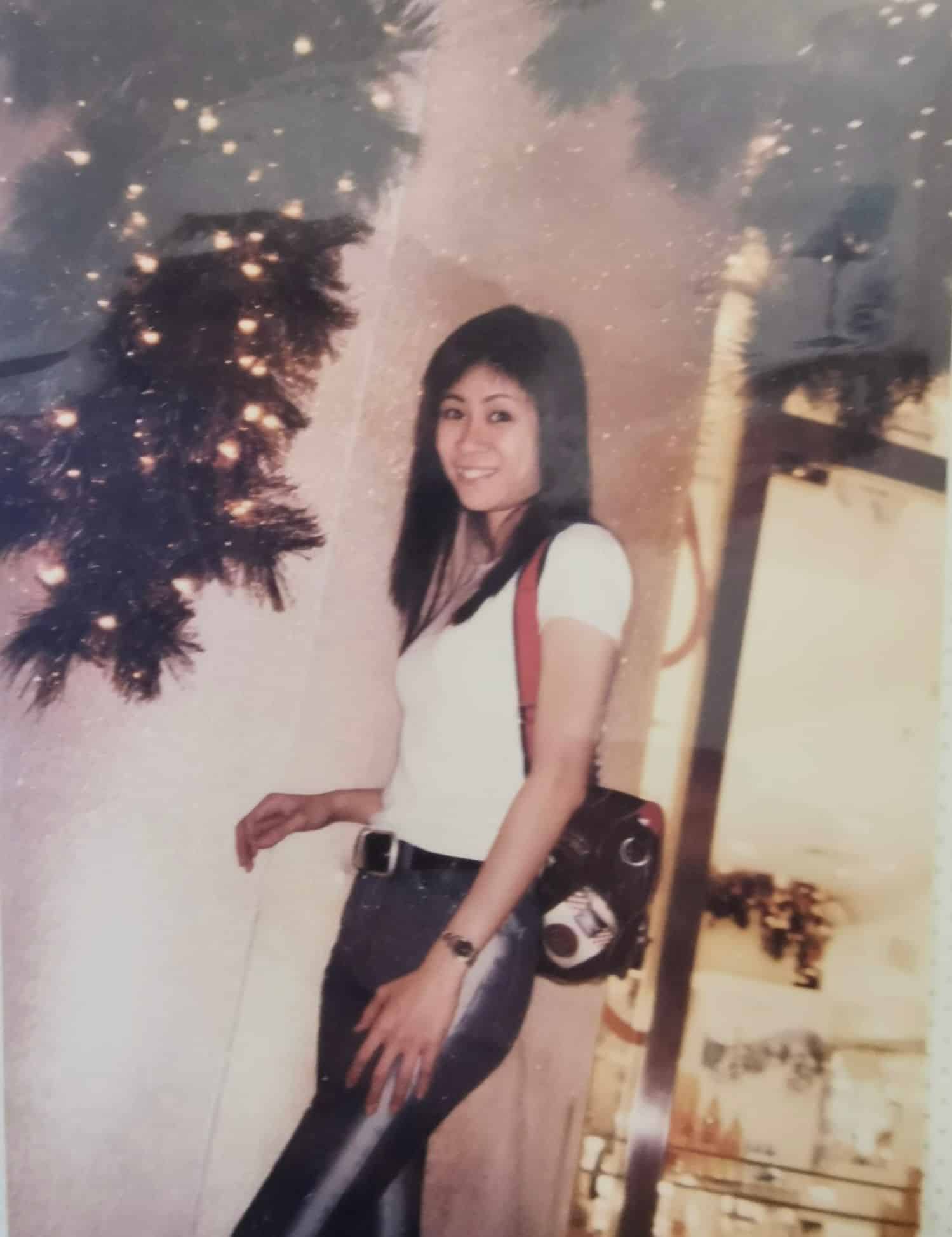
In the hope of finding love, Talia went from relationship to relationship.
“I had so many boyfriends. Life was crazy. I was terrible.”
“He introduced me to marijuana. I became addicted for over 10 years.”
At 22, Talia got married.
“I wanted to escape my family, wanted to find a family of my own. I was searching for love in all the wrong places.”
Her husband was a drug addict. Talia knew nothing about it.
“I had insomnia since I was nine. When I first got to know him, he gave me strong sleeping pills. A normal person would take half a tablet. I had to take seven, eight, 10 tablets.
“I was taking a lot of tablets and my threshold just went up. And then he introduced me to marijuana. It was his lifestyle. I became addicted for over 10 years.”
Within two years, her marriage fell apart and Talia got a divorce.
A near overdose
In the years that followed, Talia “partied like mad”.
“It was the worst time of my life.”
She worked as a hostess in a club and spent her time enjoying the night life all over Asia, supported by the businessmen boyfriends she met at work.
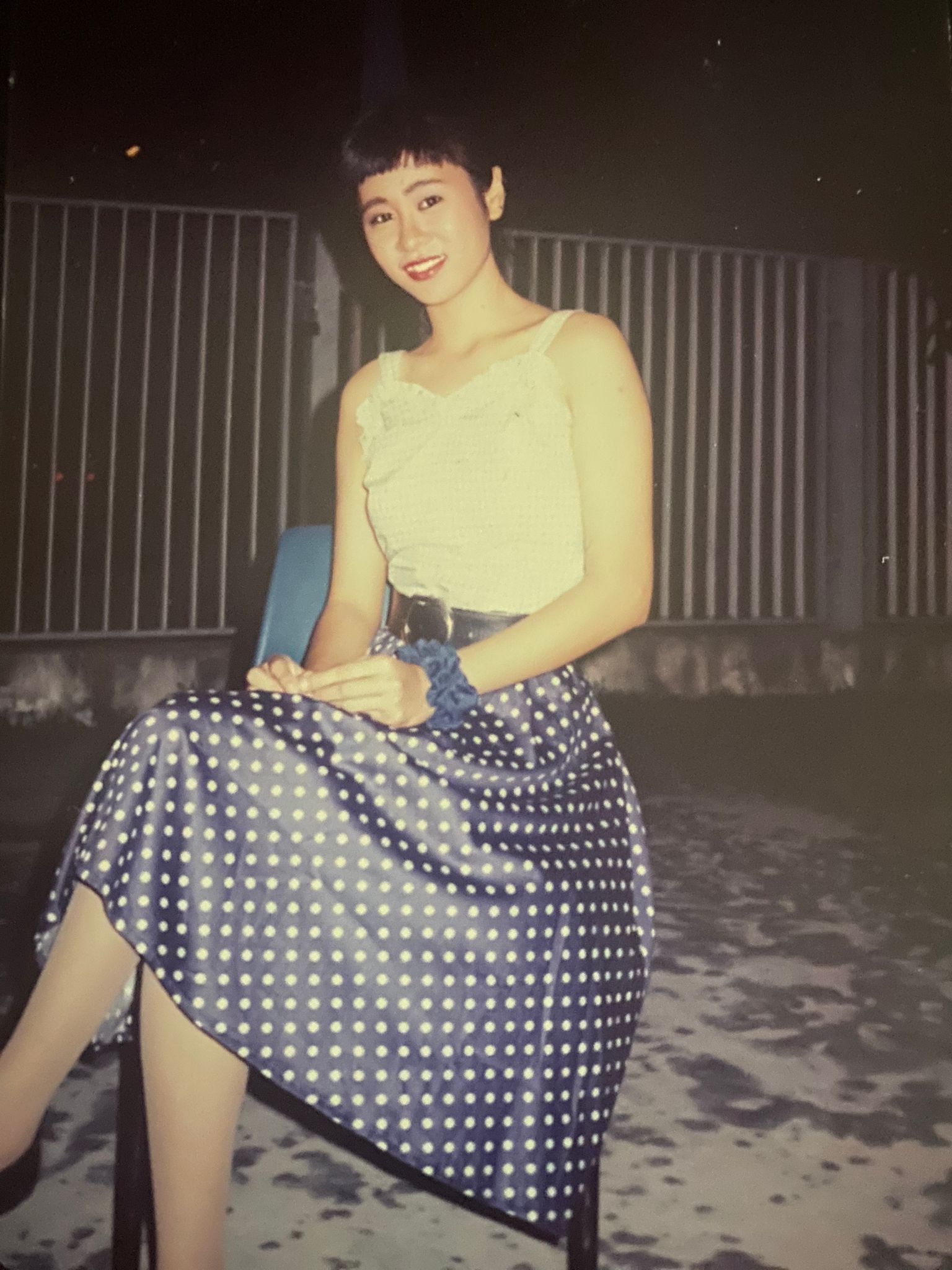
Talia had two failed marriages behind her by the time she was in her 30s.
By the time she was 33, she was married again to the boyfriend who had taken her to his church when she was 19.
“I was so tired of the night life.”
She had kept in touch with him all those years. Together, they ran a KTV pub.
Every night, Talia drank up to two bottles of hard liquor. She was also experimenting with a cocktail of drugs – ketamine, ecstasy, metaraminol – all in an effort to cure her insomnia.
One night, hopped up on drugs and alcohol, she began to “feel life draining out of me”. Looking back, she believed she was experiencing an overdose.
“For the very first time, I spoke to God. I told Him, ‘God, this cannot be. You are such a good God. How can You create trash like me?’
“I was so tired of the night life.”
She did not die. Instead, she woke up the next morning with no more desire for drugs and a resolve to renounce her wild ways.
The start of change
Within a year, Talia sold her KTV business and picked up beauty skills in preparation for a career switch.
“I heard God’s voice in my heart telling me to learn beauty skills. I argued with Him at first, ‘Who will employ me?’ But actually listening to that voice was amazing.”
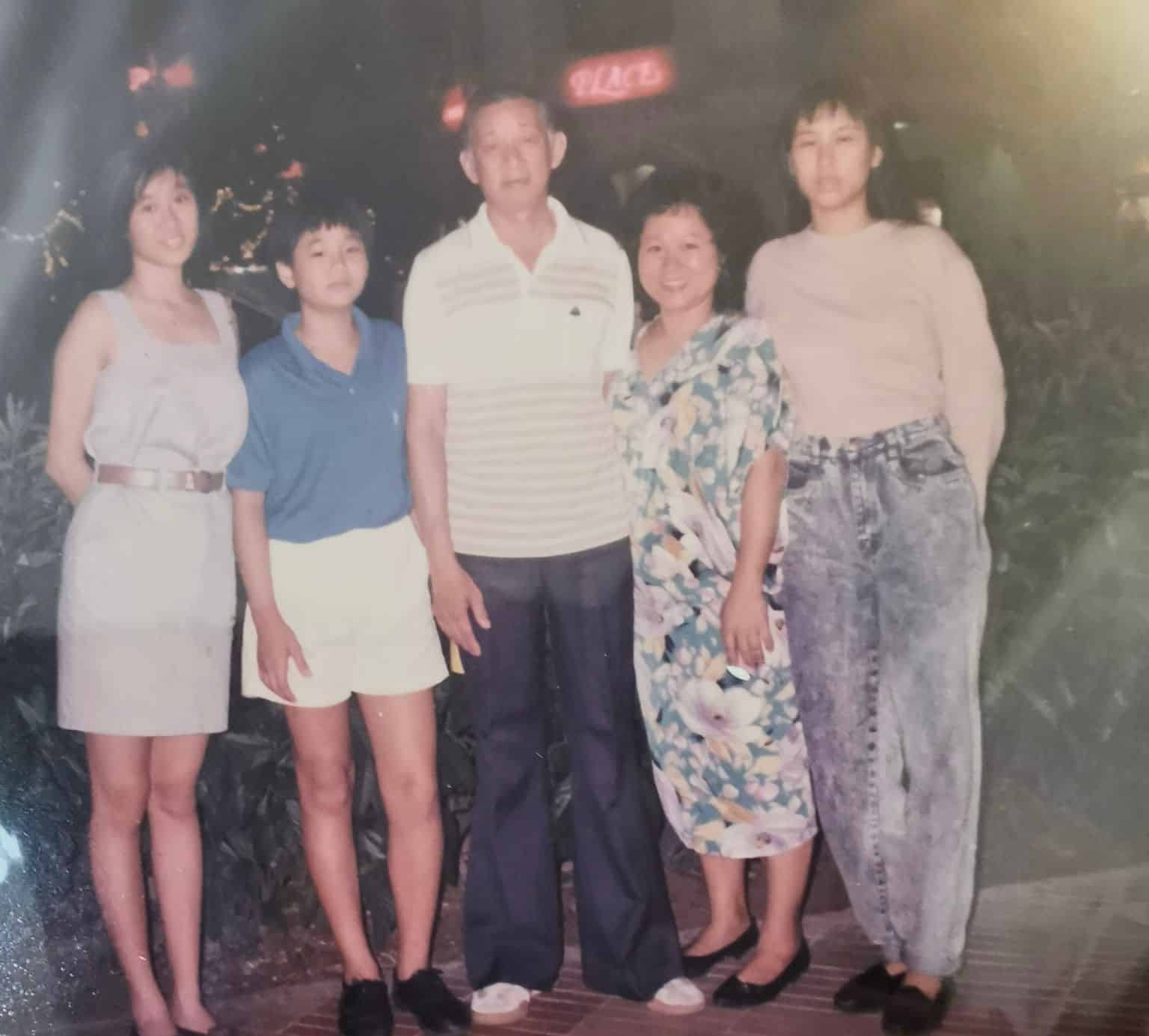
Talia (left) with her brother, parents and older sister.
She found a beauty salon willing to hire her. But there would be yet another miracle. She became healed of the insomnia that had plagued her for decades.
“I heard God’s voice in my heart telling me to learn beauty skills.”
“Usually by 9am in the morning, I am still not asleep. But I had to be at the salon by 10. I went to the doctor to get some sleeping pills. By Friday, I ran out and I had to be at the salon on Saturday.
“So I prayed, ‘I will do it Your way. If tomorrow I cannot wake up, it means I have been talking to myself this whole time.’ That night, I didn’t take any sleeping pills.”
She woke up at seven the next morning.
“Now I can sleep anywhere, any time,” she said with a smile.
Around that time, she also started going to church with Qara, who was not a Christian then. Qara had started going to church because someone had prayed for her sister who had knocked a person down and her sister was given a fine instead of a harsher penalty.
Talia found herself returning to church week after week. She even started serving at Sunday School.
A woman transformed
She did not, however, totally leave her past behind. She was “still partying, still drinking, still smoking and going to pubs” even though she had sold her own KTV pub.
But as she sat listening to the sermons week after week, the Word of God confronted her.
“God, I cannot, but You can. Please take the desire away from me.”
“I just wanted to drop my bad habits. I didn’t want to do all that anymore. I told God, ‘You know me very well. If I go over the line You stop me, lah.’
“Instead, He said, ‘If you want to stop, you don’t start.’”
That was enough for Talia. She stopped going to pubs and never touched a drop of alcohol again.
“If I don’t touch it, I have no desire. But once I start, there is no stopping. So nothing now, not even for leisure.”
There was one more vice she still had not given up – smoking.
“I used to pray, ‘God, I cannot, but You can. Please take the desire away from me.’”
Yet every week, right after church, she would still light up. Then one night she found herself unable to breathe. Propped up in bed, she asked God, ‘What is happening?’”
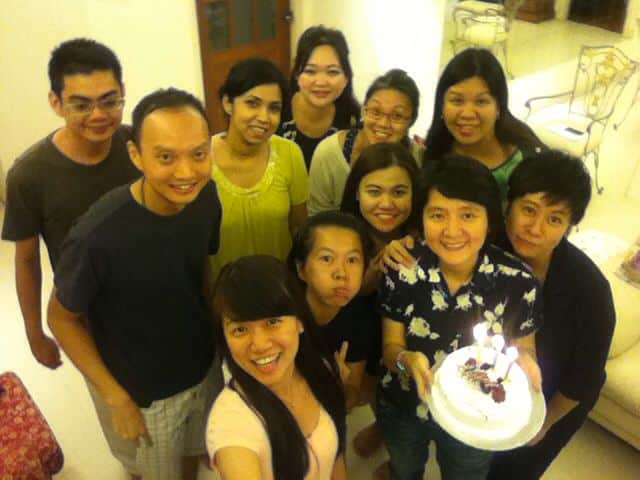
Talia (right) with Qara (holding cake) and their cell group.
What she heard surprised her. She felt God ask her: “Do you want to live like this for the rest of your life?”
The next day when she went to see the doctor, she was told she had obstructive lung disorder.
“I tell them, ‘You cannot. You pray and let the Lord take it away.’”
“I asked the doctor, ‘Will I die?’ She said, ‘You will not die but you have to live like this for the rest of your life.’”
Talia refused to accept the diagnosis. Instead, she prayed and when she went to a polyclinic for a thorough checkup, she was told that “for a smoker who had smoked for 14 years, your lungs are beautiful”.
“Tears were running down my cheeks. I was overwhelmed. I promised not to put sick things into my body anymore. From then on, the desire stopped.”
Her struggle with smoking gave Talia more empathy for others similarly trapped.
“If I had not gone through that, I would have said to then, ‘I did it, you can.’ Now I tell them, ‘You cannot. You pray and let the Lord take it away.’”
Love for society’s leftovers
As Talia grew in her faith, she discovered a burden she never had before. At a mission trip in 2008, she shared her testimony with some 200 teenagers. Out of that, a desire to work with delinquent youths arose.
Because she was in the beauty trade, she started a non-profit beauty academy for school drop-outs and youths-at-risk to acquire life skills to support themselves financially. She named it Emmaus Training Centre.
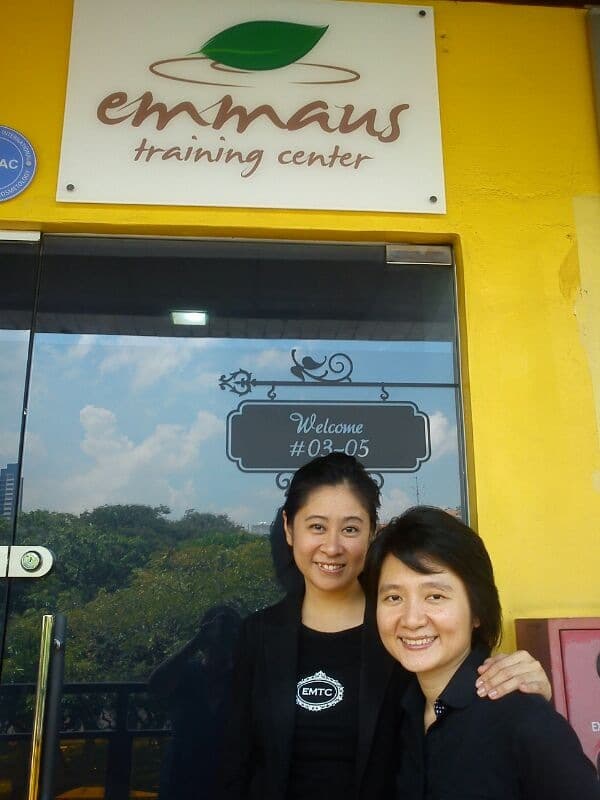
Talia (left) and Qara at Emmaus Training Centre. While Talia used her beauty training to help the girls, Qara helped with administrative matters.
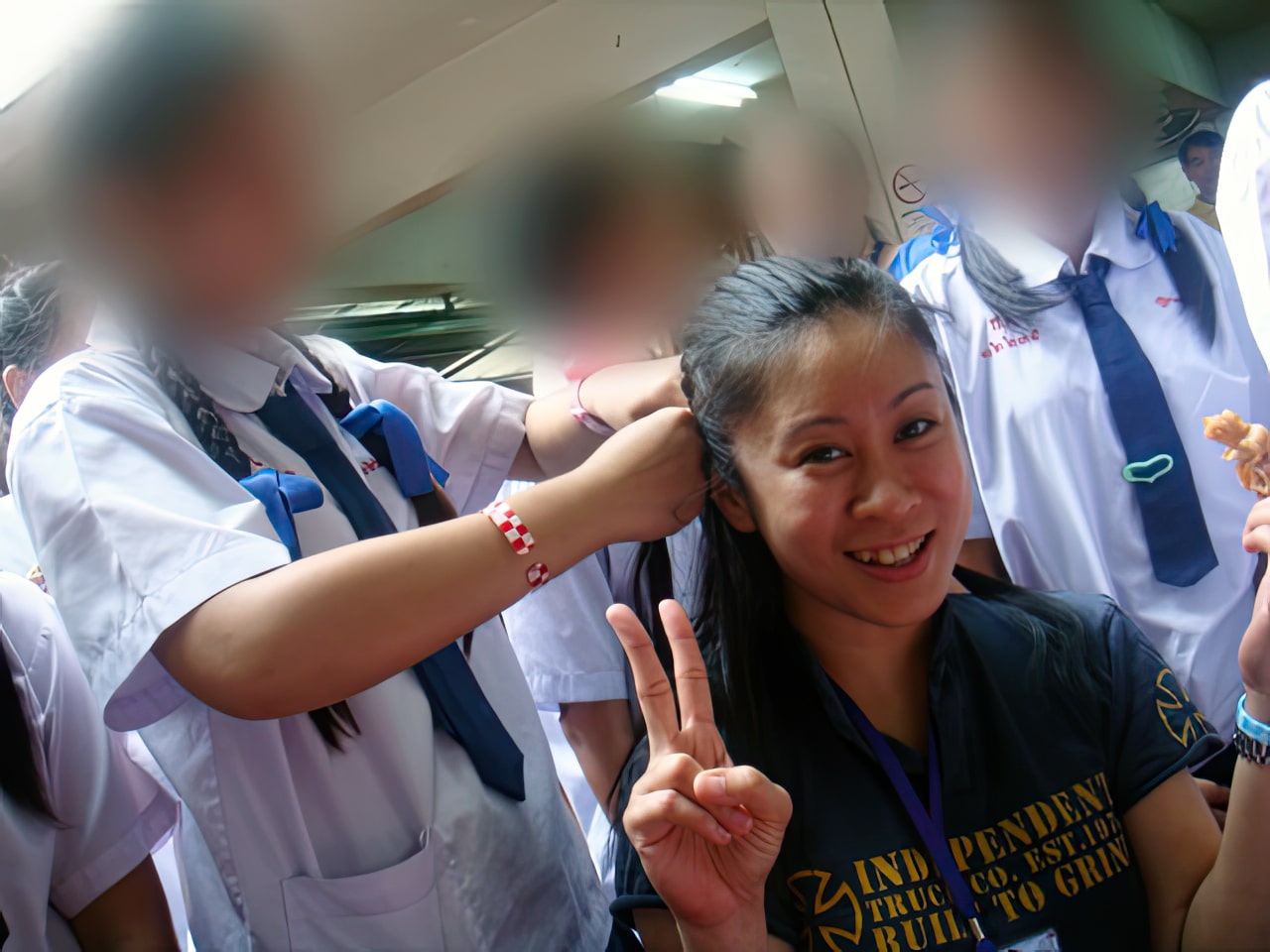
Talia taught the girls beauty skills so they can reintegrate into society.
For five years, she provided a lifeline for young girls society had discarded.
“God took my life and turned it around.”
That experience was the first step towards her work now with senior female ex-offenders.
When Emmaus Training Centre shut down because of lack of government funding, Talia went to work at The Turning Point.
At the time, it was the only half-way house for female ex-offenders. She ended up becoming its Executive Director.
It was there that she saw the struggles of older female drug overcomers.
Many had been in and out of prison for decades and no longer had the support of their families or contact with friends who were not part of the drug scene. Falling off the bandwagon became that much easier for them.
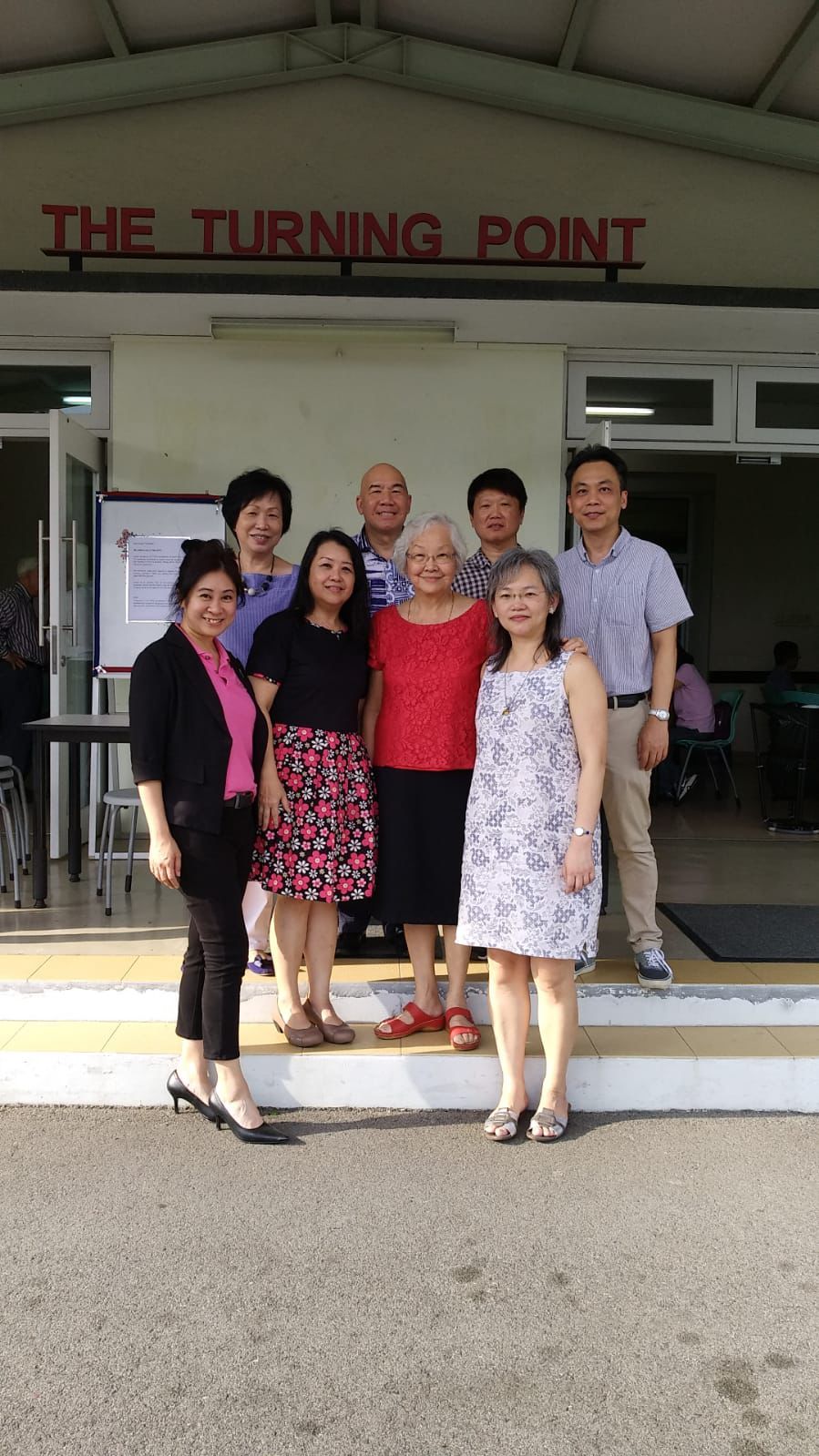
Talia (left) worked as a case worker and then the Executive Director of The Turning Point.
This is why Yoon’s Social Kitchen is so dear to Talia. It is the culmination of her experiences, God’s leading and the new heart He gave to her.
“God took my life and turned it around.”
RELATED STORIES:
“I cannot, God, but You can”: She gave birth in prison, but still struggled to kick addiction
“If you heal me, Hallelujah. If you don’t heal me, also Hallelujah”
We are an independent, non-profit organisation that relies on the generosity of our readers, such as yourself, to continue serving the kingdom. Every dollar donated goes directly back into our editorial coverage.
Would you consider partnering with us in our kingdom work by supporting us financially, either as a one-off donation, or a recurring pledge?
Support Salt&Light
